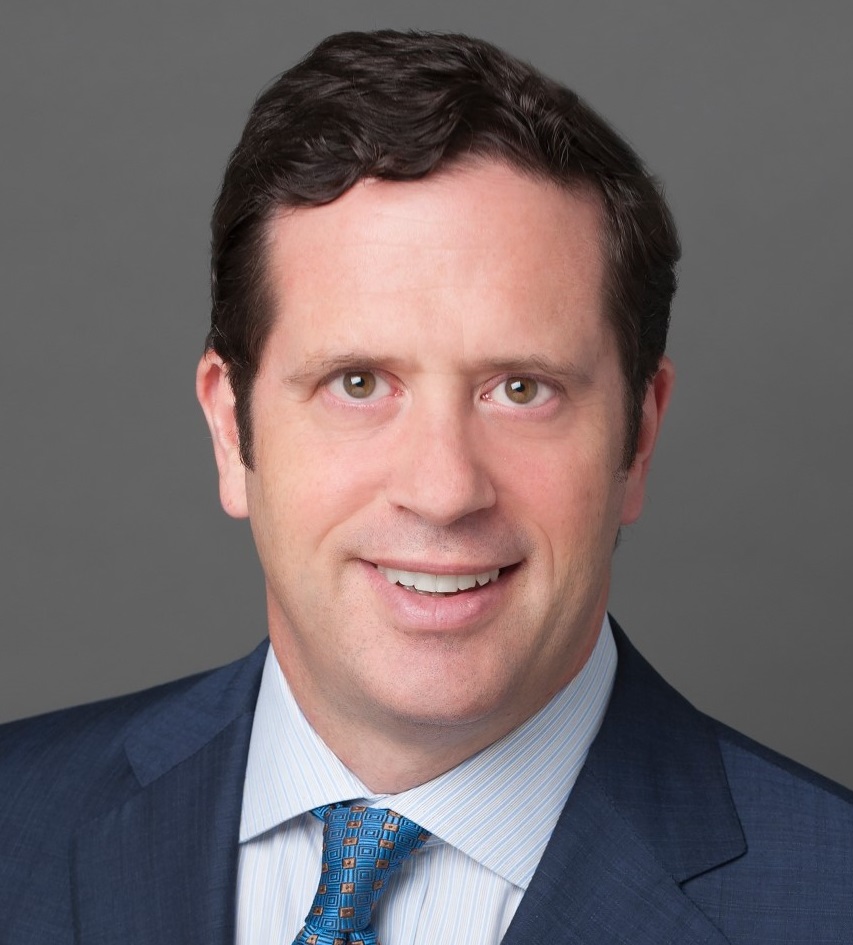A memo the US Department of Justice (DoJ) released last month outlining what the department calls revisions to its corporate criminal enforcement policies has shone a spotlight on how US companies guard themselves against internal wrongdoing and how they might respond and interact with the government if problems arise.
Broadly speaking, the memo covers six areas: voluntary self-disclosure, co-operation credit, compliance programs, prior corporate misconduct, corporate monitors and individual prosecutions.
In a notice on the DoJ’s release, attorneys at Gibson Dunn & Crutcher write that while much of the memo underlines previous guidance, it is also evidently intended to be seen as a ‘meaningful pivot’ in important ways.
They write that the new policy ‘is bound to affect how companies conduct risk assessments; build, test and refine their compliance programs; investigate potential misconduct; and structure compensation plans and the type of incentives and clawbacks implemented. It will also change the voluntary self-disclosure calculus.’
SELF-DISCLOSURE AND INDIVIDUAL ACCOUNTABILITY
Lisa Monaco, US deputy attorney general and author of the DoJ memo, writes that she was directing every part of the department that prosecutes corporate crime to review its policies on corporate voluntary self-disclosure and, if necessary, to draft a formal, written policy to incentivize such self-disclosure outlining what is expected of companies in terms of self-disclosure and the benefits they can expect to receive if they do so.

Joel Cohen, partner with Gibson Dunn and a former federal prosecutor, notes that this builds on long-standing efforts by the DoJ to encourage self-reporting in the areas of antitrust and the FCPA. Creating policies in different prosecuting components provides a pathway for counsel to seek credit if they are the earliest to report and co-operate, he tells Corporate Secretary.
According to the memo, the department will also update its Justice Manual to ensure greater consistency across its components regarding the standard to receive maximum credit for co-operation.
‘The department’s first priority in corporate criminal matters is to hold accountable the individuals who commit and profit from corporate crime,’ Monaco writes. She also directs prosecutors to evaluate companies’ compliance programs as an element in determining the terms of a corporate resolution, including whether an independent compliance monitor is needed.
‘Corporations can best deter misconduct if they make clear that all individuals who engage in or contribute to criminal misconduct will be held personally accountable,’ Monaco writes. ‘In assessing a compliance program, prosecutors should consider whether the corporation’s compensation agreements, arrangements and packages… incorporate elements such as compensation clawback provisions that enable penalties to be levied against current or former employees, executives or directors whose direct or supervisory actions or omissions contributed to criminal conduct.’
Cohen comments: ‘The [DoJ] is trying to make individuals accountable. It has faced criticism that investors get hurt but bad actors don’t.’
WHAT TO DO?
As a result of the memo, Cohen and his colleagues recommend that companies:
- Examine their compensation policies to align compliance goals with pay
- Implement a clawback policy for misconduct that would be broadly similar to clawback policies associated with financial restatements
- Remind the board of its responsibilities under the Caremark standard
- Update compliance training materials to highlight employees’ obligation to inform the company’s legal and compliance departments of any problematic conduct
- Expand upon values and compliance training at the company and certain third parties.









